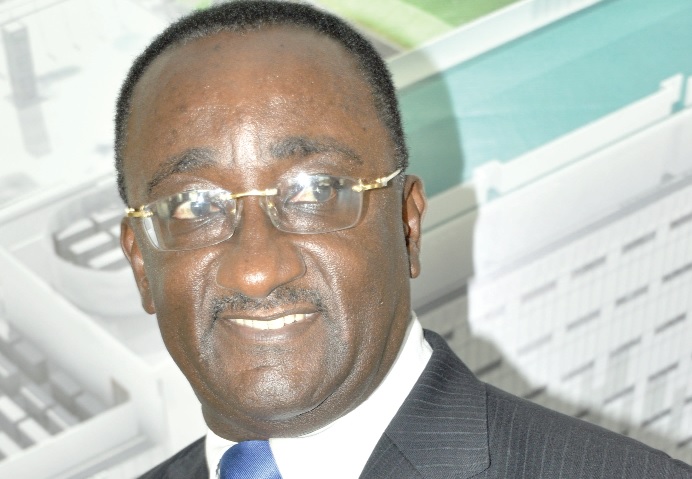Minority spokeperson against decision on cocoa prices
Arku Jasmine
Politics
3 minutes read
 The Minority Spokesperson on Food, Agriculture and Cocoa, Dr Owusu Afriyie Akoto, has described the decision by the government not to increase the producer price of cocoa for the 2012/2013 season during the 2013/2014 season as a great disappointment to cocoa farmers.
The Minority Spokesperson on Food, Agriculture and Cocoa, Dr Owusu Afriyie Akoto, has described the decision by the government not to increase the producer price of cocoa for the 2012/2013 season during the 2013/2014 season as a great disappointment to cocoa farmers.The Ghana Cocoa Board (COCOBOD) recently announced that it would not increase the 2012/2013 producer price of cocoa, which was GH¢ 3,280.00 per tonne, during the 2013/2014 crop season.
But Dr Akoto, who is also the Member of Parliament (MP) for Kwadaso and cocoa farmer, said the decision meant reduced income of cocoa farmers for the 2013/2014 season.
He explained that when the rising cost of inputs, inflation and 10 per cent salary increase across the board for government employees were taken into account, cocoa farmers had been made poorer by the decision.
"Keeping the producer price of cocoa for the coming year at the same level of that of last year is totally unjustified," he said, explaining that the world price of the commodity currently was higher than that of last year.
"This is unjustified against the background of the 20 per cent depreciation of the cedi against the dollar, which means that in terms of the local currency, cocoa is fetching far higher prices currently than the preceding season," he said.
The decision by the government, according to the MP, was even more serious for the future production of the commodity against the background of substantial cut-back on major government programmes to support cocoa farmers.
Under the said government's programme, fertilisers were supplied to cocoa farmers and that the 2.2 million bags in 2011/2012 season were reduced to 500,000 bags in the past season (2012/2013).
The MP added that in the same period, the mass spraying programme for the controlling of the swollen shoot disease had been scaled down from four times in a year to two times while the application of insecticide to control capsid and other diseases affecting cocoa had also been reduced from two times a year to just once a year.
Up till now, Dr Akoto said, there was no indication that the two programmes would be continued in the coming years.
He predicted that the reduction in the real cocoa incomes of farmers and the withdrawal of these services would definitely impact negatively on the future production and export revenue generation for the economy.
"The three pillars of the policy, that is the rising real income, the mass spraying exercise and the introduction of hi-tech seedlings upon which cocoa production rose from 350,000 metric tonnes in the 2001/2002 season to 760,000 metric tonnes in the 2005/2006 and then to over one 1 million metric tonnes in the 2010/2011 season are being dismantled in front of our very eyes without any debate whatsoever by the people in this country," he said.
Dr Akoto was emphatic that giving these negative trends, Ghana should be prepared to see its output on cocoa collapse to the pre-2001/2002 levels of below 360,000 metric tonnes in the next few years.
By Emmanuel Adu-Gyamerah/Daily Graphic/Ghana
